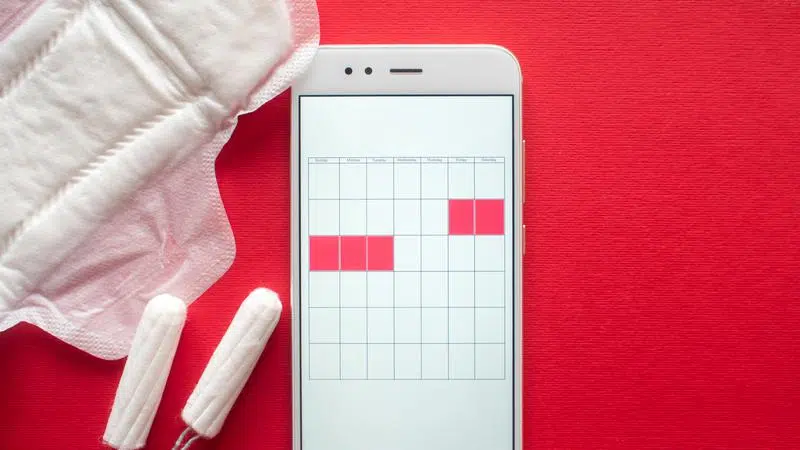
TYH: Are menstrual apps hampering your ability to get pregnant?
A recent Canadian study published in the Journal of Obstetrics and Gynaecology showed that one in five menstrual apps contain inaccuracies.
I am an avid menstrual app user myself, so when I heard this I had to know more. We headed over to speak with Naturopathic Physician, Kira Lewis. “”I love menstrual apps first and foremost,” said Lewis, “for my patients and women to track and gauge information on their cycle, I think they’re fantastic.”
However, she does mention that there are margins of error built into the apps, “It’s a computer software system, they’re built on algorithms and humans aren’t built on algorithms,” said Lewis.
If you are logging your period in hopes to get pregnant, there are other things you can do in order to see when you are the most fertile. One of the signs Lewis says is the most common to look for when you are gauging your fertility window is the detection of cervical mucus.
